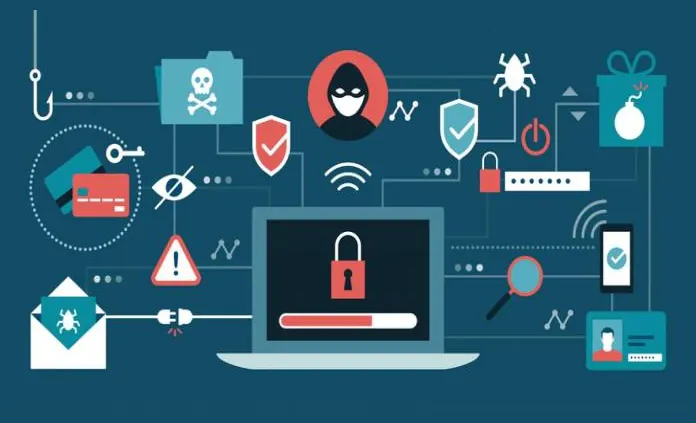© ROOT-NATION.com - Use of content is permitted with a backlink.
Have you ever experienced a data breach? Has someone gained unauthorized access to your personal data? Data breaches and cyber-crime is a persistent problem. As more of our information and data is moving online, this provides many opportunities for cyber criminals to gain access to our data. More and more companies are facing embarrassing data breaches. What happens to the stolen data? And what do you need to do if you suspect a breach?
What Is a Data Breach?
Almost half of U.S. companies have experienced a data breach or hack of some kind. But what is a data breach? You have probably heard the term before. A data breach is what happens when information, usually private and valuable, is compromised. Or worse, that data is stolen outright to be sold to the highest bidder. Data breaches can occur when information is ‘left open’ or exposed due to human error. But more often, data is hacked through cyberattacks like phishing, malware, or ransomware. The big questions are how does it happen, and where does the data go? Can a firewall or residential proxies help?

The how is simple. Hackers exploit software vulnerabilities to access administrative privileges on a company website. Administrators may have access to user account information, such as addresses, passwords, or answers to sensitive security questions. This information by itself may have limited value. Cumulatively, personal information on millions of people can be worth a large fortune.
As such, companies and individuals must take extra steps to protect themselves from known and unknown threats. For a Fortune 500 company, that may look like hiring a new Vice President of Information Security who can create a cyber security culture by directing changes through the entire company for improved security. For an individual or a small business, that could mean purchasing network security assistance or a residential proxies, here you can find more about it.

The most frightening thing is how often we are exposed to cyber-crime. For one, cyber criminals have gotten much more sophisticated over the years. Phishing attacks have a much more professional veneer. It is much harder to ‘catch’ a phishing attack than just noticing some spelling errors in an email.
Similarly, the quality of cyber-attacks via malware or ransomware is much more advanced now. As a result, many criminal organizations feel confident going after enormous and well-funded organizations. In the same vein, state actors, like North Korea, are known to participate in the world of cyber-crime because it is incredibly lucrative.
Who Does it Happen to and Why?
The 2017 Equifax data breach was supposed to be a wake-up call across several industries about the gravity of cyber threats. That hack alone cost Equifax one and a half-billion dollars. Despite knowing how valuable the data is in their possession, many companies continue to dedicate an insufficient portion of their security budgets to data security.
That trend, however, is reversing. Recently, big tech and finance companies have started investing more money into cyber security to protect themselves. They realize that data breaches can cost millions if not billions of dollars. Organized crime accounts for the majority of cyber-crime where data is stolen. Cyber-crime is, after all, a financial venture.
Where Does the Data Go?
Research shows cyber criminals and their methods for obtaining stolen information and how they use it. The most valuable data can open credit accounts or impersonate an individual. Once hackers have the data, it only takes 90 minutes to attempt to use stolen data to make purchases.
As a result, by the time they have the information, it is virtually too late to prevent its use. And, of course, the data itself can go anywhere. In 2016, Bitglass research found leaked data in 20 different countries after only a few days.

Therefore, the best strategy is to prevent a data breach in the first place. For individuals and corporate actors, this means basic cyber security training. Another solution or strategy involves purchasing expert assistance and equipment.
Having a network administrator to secure routers, switch, and set up firewalls can go a long way in protecting your company. For individuals, a password protected router and a residential proxy might be enough. In the latter case, it is harder for criminals to find you and figure out where you are. And of course, always use good cyber security practice. Employ complex multi-factor passwords, when possible, password managers, and change your passwords regularly.
Conclusion
If you get hacked, it helps to know as soon as it happens. If you have been monitoring your accounts, you will know quickly. Remember, cyber criminals need to test the waters on credit information; so, any suspicious spending may be small. If you do find suspicious charges, the best thing you can do is immediately contact your financial services providers and freeze the compromised accounts.
Any subsequent steps depend on the nature of the data stolen. Truly hard to replace data like social security numbers will require a lot more work to clean up. Prevention, in this case, is worth all the effort you can provide, so take the time to install firewalls, employ a residential proxy, and follow good cyber security protocol.

